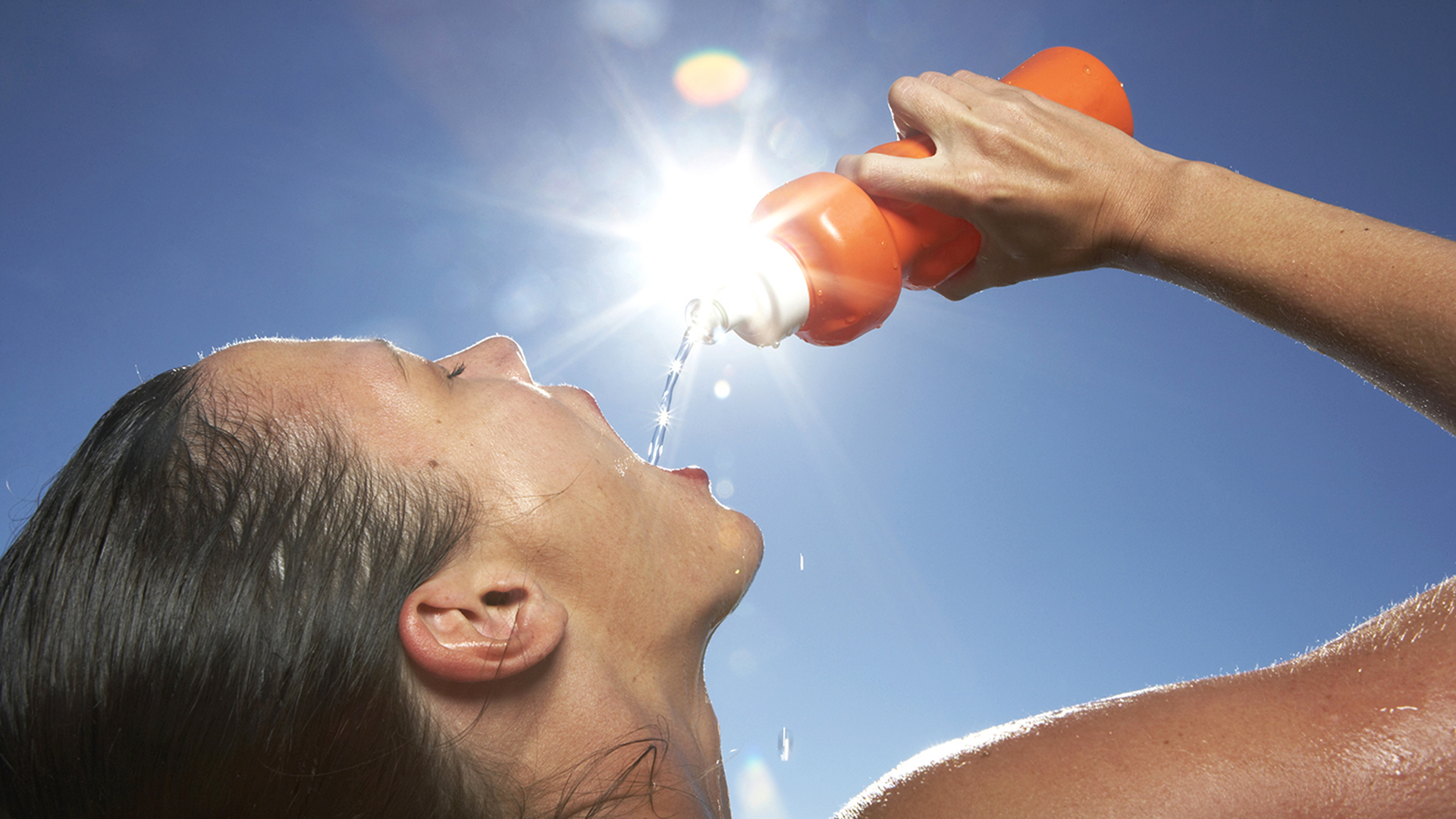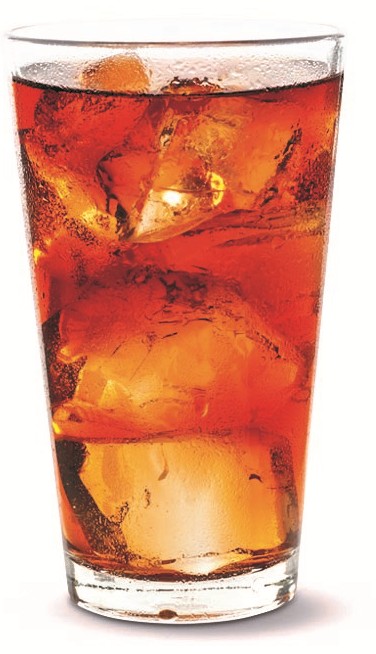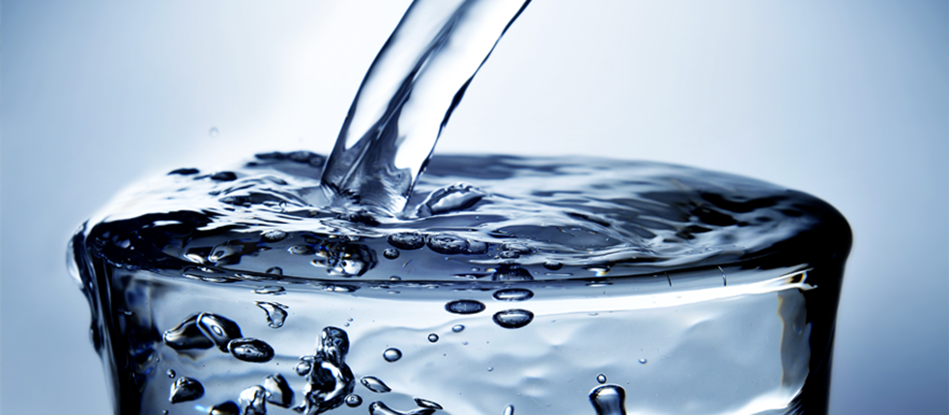In the summer our needs for the intake of fluids increase. The reason is that due to the increase in ambient temperature our body activates the mechanism of sweating. The evaporation of sweat cools our body. But with sweating, our body loses fluids that need to be replenished.
The feeling of thirst is the signal our body sends that we have to make up for what we lost with sweating. However, there is a lack of knowledge in dealing with the feeling of thirst, and there are also many misconceptions. Let's see what our body really needs.
What our body needs after sweating, which can come either from the high ambient temperatures or from sports activities or workout, are:
a. decrease of the body temperature
b. water intake
c. intake of metal elements
d. energy
e. antioxidants

a. The fluids we take to satisfy our thirst must be cold. The reason is that we must first address the cause of the problem which is the rise in body temperature and not the thirst which is the symptom. At the same time, cold liquids are absorbed faster by the circulatory system.
b. Water intake is essential because sweat is mainly composed of water. But we should not drink soft drinks, juices or energy drinks because they contain sugars that dehydrate the muscle tissues. Also, we should not drink coffee because it brings on urination and therefore fluid loss.
c. The intake of metal elements is essential because sweat besides water contains also metal elements, mainly sodium, calcium and magnesium.
d. Energy intake is required because even in simple sweating due to the high ambient temperature the body consumes energy. Of course, after a workout or sports, the energy requirements are much higher
e. During sweating, free radicals are produced that must be treated with antioxidants.
The Greek Mountain tea when taken cold is probably the only beverage that meets all the needs of our body after sweating:
a. contains the water our body needs without sugar and caffeine,
b. contains plenty of metal elements that are able to replenish what our body has lost by sweating,
c. contains iron and other elements that stimulate red blood cell production resulting in increased blood circulation and consequently the peripheral tissues are oxygenated increasing the energy levels,
d. has high antioxidant activity due to its high content of polyphenolic compounds that block the free radicals.


















